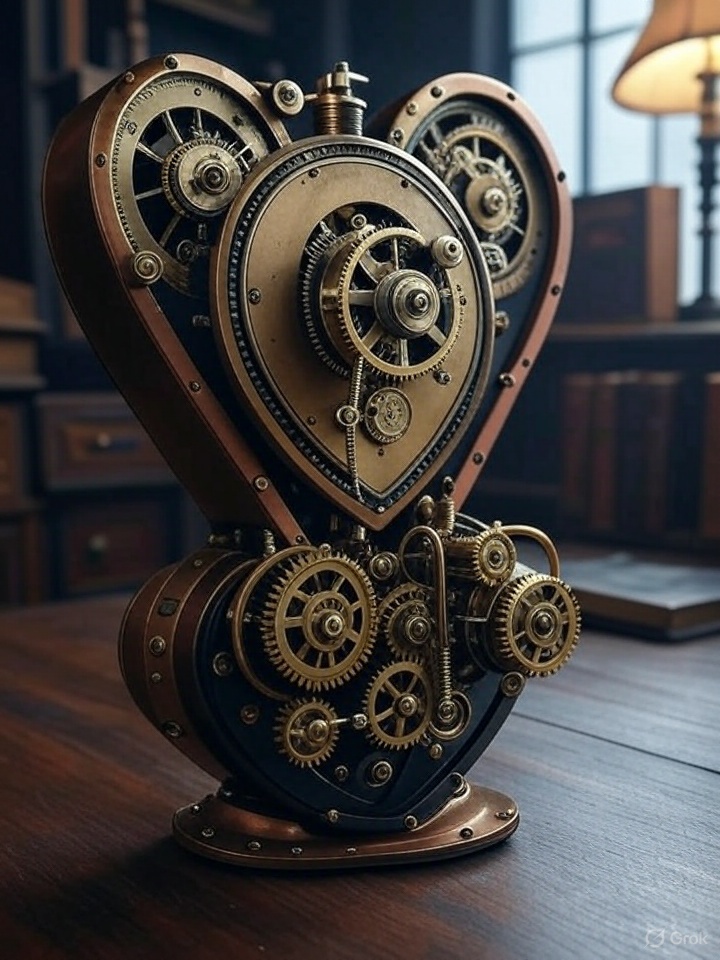At just 14 years old, Siddarth Nandhyala from Texas has made waves in the healthcare tech world with his smartphone app, Circadian AI, designed to detect heart conditions. His goal was to create a non-invasive screening tool for early detection of cardiovascular abnormalities, making heart health monitoring accessible and efficient.
 Circadian AI works by placing a smartphone near a patient’s heart to record its sounds. The app employs noise-cancellation techniques to filter out ambient sounds, ensuring accurate readings even in noisy environments.
Circadian AI works by placing a smartphone near a patient’s heart to record its sounds. The app employs noise-cancellation techniques to filter out ambient sounds, ensuring accurate readings even in noisy environments.
These recordings are processed through amplification algorithms and sent to a cloud-based machine learning model, which analyzes the heart’s condition. The user-friendly interface then displays results, explaining what’s normal and what might require medical attention.
The app can identify arrhythmias, irregular heartbeats, early signs of heart failure, indicators of ischemic heart disease, and heart valve abnormalities. Nandhyala emphasizes that Circadian AI is a preliminary screening tool — not a definitive diagnostic device.
It doesn’t specify exact cardiovascular conditions and isn’t a replacement for traditional equipment like electrocardiographs or 2D echocardiograms. Currently, the app is restricted to clinical use by authorized personnel.
To develop Circadian AI, Nandhyala visited hospitals and institutions, consulting with staff and patients to gather data on cardiovascular challenges. He then built and trained the AI model, testing it extensively in medical facilities across the U.S. and India—approximately 15,000 patients in the U.S. and 3,500 in India.
In India, at Government General Hospital in Guntur, the app identified potential cardiovascular issues in over 40 patients, with each screening taking about seven seconds. Around ten of these cases were later confirmed through clinical methods like ECGs and 2D echocardiography.
 Reports indicate the app achieves over 96% accuracy in detecting heart abnormalities, though limitations exist, such as dependency on the quality of the device’s microphone.
Reports indicate the app achieves over 96% accuracy in detecting heart abnormalities, though limitations exist, such as dependency on the quality of the device’s microphone.
Nandhyala is already working on expanding the app’s capabilities to analyze lung sounds for conditions like pulmonary embolism, fluid retention, and pneumonia. His ambition doesn’t stop there. A prodigy in technology and engineering, Nandhyala’s journey began early.
In 2022, he developed a $150 prosthetic hand in India — a fraction of the $30,000 cost of traditional prosthetics. The following year, he founded STEM IT, a startup selling educational kits for science, technology, engineering, and math.
The Frisco Chamber of Commerce named him “Innovator of the Year,” awarding him a $2,000 grant to support his company. He also received a Certificate of Recognition from the U.S. House of Representatives and a congratulatory letter from then-President Joe Biden. In 2024, he invented a wearable armband for fall detection in the elderly, boasting 96.1% accuracy—surpassing even the Apple Watch.
 Also read:
Also read:
- The Most Widely Distributed Books in Human History: Why Don Quixote Endures
- Every 3D Printer Leaves a Unique Fingerprint
- Twitch Bets on Vertical Video Streams to Revive Engagement and Revenue
Nandhyala’s passion for AI in healthcare stems from its potential to drive impactful change. He’s currently navigating regulatory approvals for Circadian AI, with plans for a full-scale rollout in primary care and clinical settings across the U.S., India, and beyond, focusing on mass screening.
Through one teen’s ingenuity, AI, and a focus on the heart, the future of accessible healthcare looks brighter.






